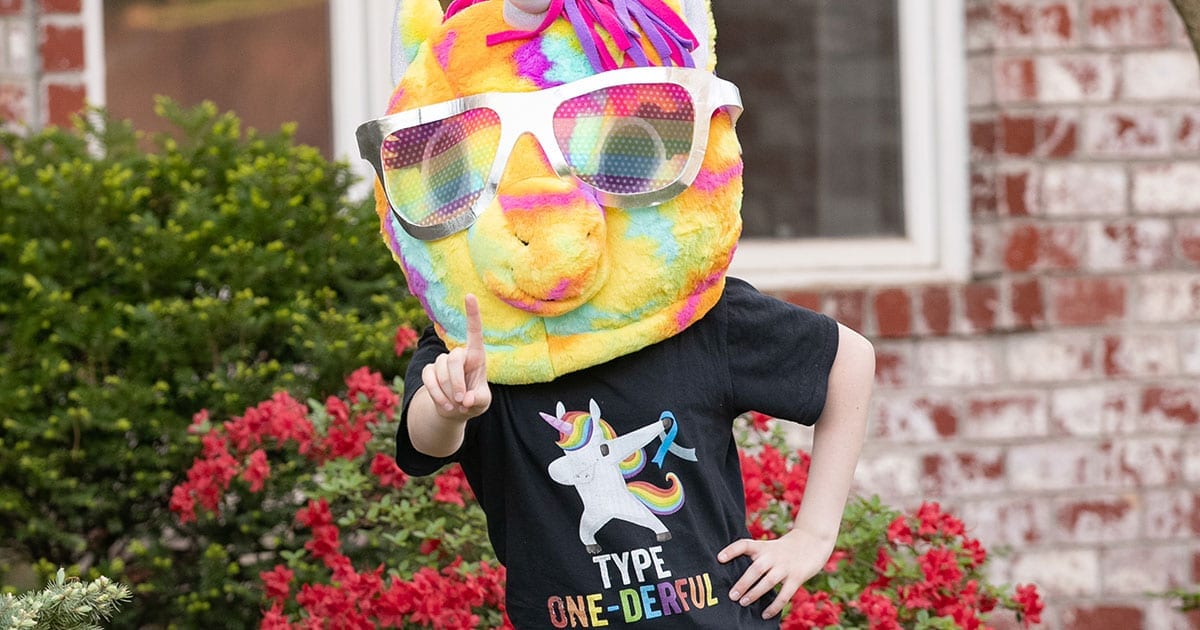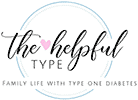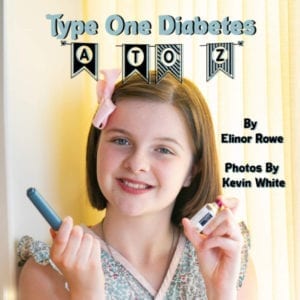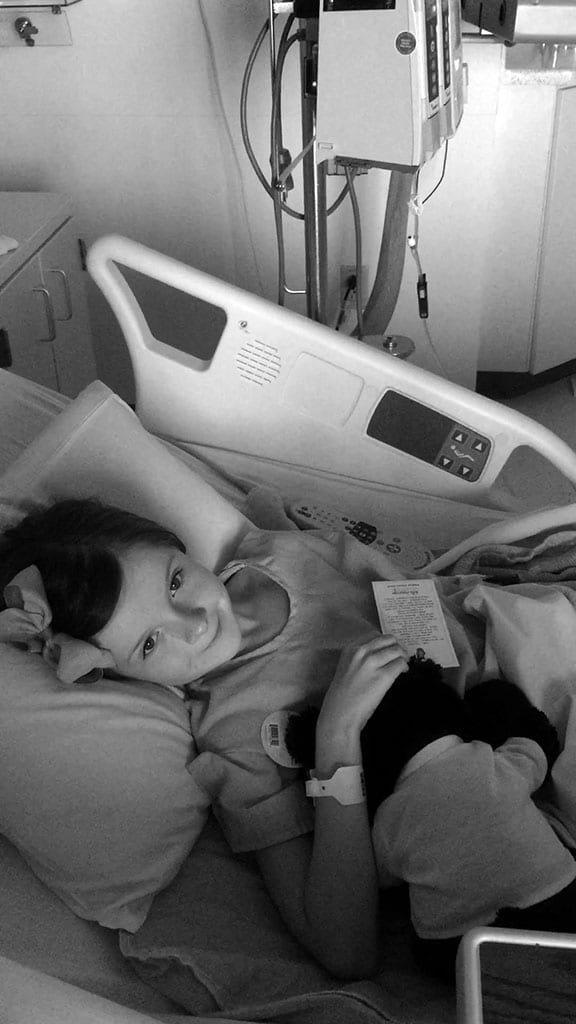
25 Sep To the Newly Diagnosed
We are praying today for families who are hearing their child’s diagnosis for the first time.
When Ellie was diagnosed with type one diabetes at age 8, it was harrowing and heartbreaking. Overwhelming. We knew next to nothing about type one diabetes. The bulk of our “knowledge” came from Steel Magnolias, a film that is heartwarming, gut wrenching, and hardly a good source of medical info (or comfort).
It felt like our lives had been neatly (yet painfully) divided into a before (diabetes) and after. The latter was daunting.
Like most things in life, how it looks in the beginning is NOT how it is further down the road. We gained knowledge and adjusted to a new normal. We won’t sugar coat it (forgive the pun)–it’s not easy. For the first year after Ellie’s diagnosis, diabetes was front and center. Now, it’s always present, but there are times when it fades into the background. When Ellie was diagnosed, we needed to hear that. It helped us to see other people with diabetes thriving, pursuing dreams, and resuming a semblance of blessed normalcy.
Diabetes is part of Ellie’s life, but it doesn’t completely, overwhelmingly define it. All the energy, time, and discipline that it takes to manage diabetes at the start will eventually be channeled into something Ellie wants. Something of her choosing. She is determined to make (sugar free) lemonade from this particular lemon.
If you or someone you love is newly diagnosed, please know it gets better. You may be desperately afraid and utterly exhausted. We were. We still are on occasion. Managing diabetes IS daunting but also doable.
Each night we pray for a cure, and we pray for strength, knowledge, and peace for everyone with diabetes. We pray for you. You are not alone. People have shared their experiences and helped us in ways both small and profound. We want to pray it forward.
In that spirit, here are our hard-won insights for the start of a journey:
- How it looks in the beginning is not how it will always be.
An Olympic swimmer had a first time in the pool. You’ll get better at everything that is required of you.
Diabetes will not hold you back. Ellie and I can make a strong case for this, but it’s better made by the likes of Supreme Court Justice Sonya Sotomayor and Nick Jonas (Yes, we had a lengthy debate about which notable type one diabetic to list first.) You’re in good company. Illustrious company. Ironmen, climbers who’ve scaled Everest, dancers on Broadway, professional athletes in every sport, prime ministers, etc.—they have accomplished greatness not in spite of diabetes but, in most cases, because of it. (Remember the part about choosing where and how you’ll apply the strength and fortitude that diabetes can foster.)
- Give yourself grace.
You’ll make mistakes. It’s terrifying when the stakes are so high. Forgive yourself and others. Apologize, learn, move on, and practice kindness at every opportunity.
- Count your carbs!
There are great apps and resources. We’ll post what we use. Build this habit from day one.
- Create and strengthen your support system (the loop and lean rule).
A new diabetes diagnosis can seem isolating. People may not understand, but don’t shut them out. Loop (them in) and lean (on them). Friends, extended family, pastors, teachers–they want to help. Let them. They can offer emotional support, keep you engaged in the activities you love, and remind you every day that diabetes is part of you but doesn’t define you.
You’ll be safer and have more support if you can share some of your experience. Let your wider circle know what a low looks like, how to treat it, and why you carry diabetes supplies. In the beginning, we didn’t fully comprehend the diligence diabetes requires. We stopped feeling alone when we shared what life with diabetes really looks like. In the process, Ellie busted some misconceptions and banished some myths (remarkable, if unintended, feats).
- Rely on your medical team.
You have only your experience, but they have professional expertise, vast perspective, and a willingness (even a calling!) to help. Reach out. Build relationships. Call with questions. Use patient portals. Ask for literature, credible resources, contact info for community groups, and anything they can offer. Never stop learning!
- Carry essential diabetic supplies.
Never leave home without your insulin, meter, testing supplies, and a stash of fast-acting carbs. These are more important than your cell phone, keys, or just about anything on your person. Don’t leave home without your pancreas! You’re carrying it in your kit/pouch/bag.
- Think of your blood sugar as raw data (not a grade on your report card).
Many things affect blood sugar–food, insulin, activity, too much stress, too little sleep… Try to not think of numbers as “good” or “bad” scores. Just take the data and use it to know what you need to do (i.e., exercise to bring down a high blood sugar reading or have a fast-acting carb to treat a low).
- Keep the faith!





